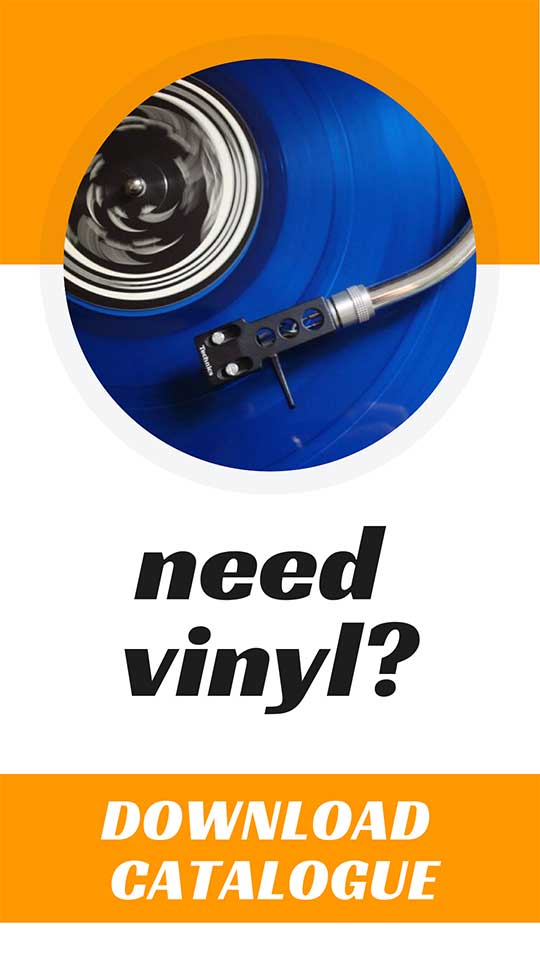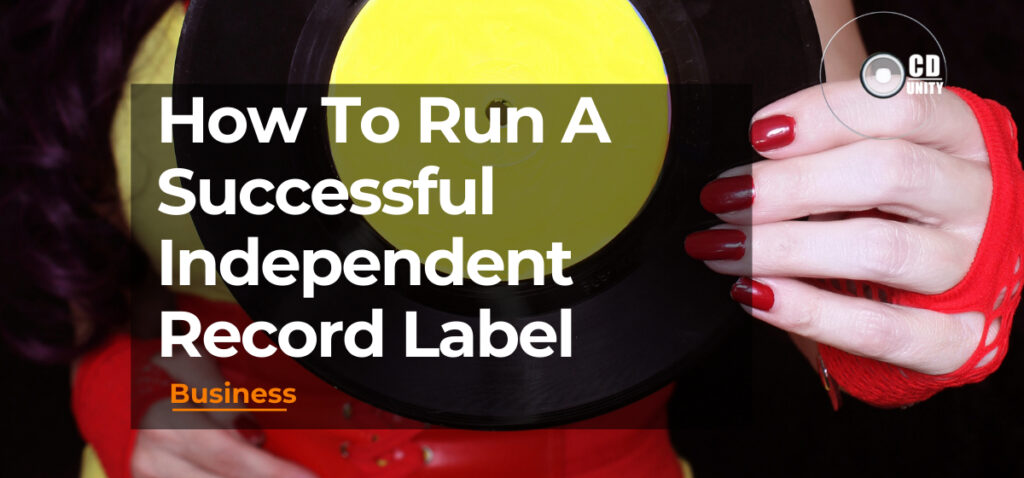
How To Run A Successful Independent Record Label
Feeling overwhelmed by the idea of starting your own independent record label? You’re certainly not alone. After diving deep into research and learning from my own experiences, I’ve put together a practical guide to help you navigate this challenging yet rewarding journey.
In this blog, you’ll discover actionable steps and expert advice on how to run a successful independent record label. Keep reading—you won’t want to miss this!
Quick Facts
- Establish a Unique Brand and Online Presence: Choose a memorable name, design an eye-catching logo, and use social media platforms like Instagram and Twitter to engage directly with fans.
- Understand Business and Legal Aspects: Form a Record Label LLC for asset protection, secure funding efficiently through dedicated business accounts, and draft clear contracts with the help of a music lawyer.
- Identify and Sign Talented Artists: Target emerging musicians aligned with your label’s vision by attending local gigs, exploring online platforms like YouTube, and using solid networking strategies.
- Utilise Digital Distribution Platforms: Leverage Spotify, Apple Music, and Bandcamp to reach global audiences cost-effectively while monitoring listener data to refine marketing efforts.
- Prioritise Financial Management: Keep detailed financial records using accounting software, track royalties accurately through performance rights organisations (PROs), set aside funds for taxes throughout the year.
Pros and Cons of Running an Independent Record Label
Benefits of being your own boss
love being my own boss because it lets me control all aspects of my record label. I decide which artists to sign and how to promote their music. There’s a sense of freedom in choosing my own schedule, who I collaborate with, and the genre of music we focus on.
Being your own boss also means you reap the rewards directly from your hard work. Whether it’s negotiating contracts or planning a tour, every success feels more personal. Running an indie label might be challenging, but having creative control makes it worth every effort.

Challenges of limited time and budget
Running an independent record label often means juggling many tasks within limited time and budget constraints. Hiring staff is usually out of the question, so I find myself wearing multiple hats—manager, promoter, and even accountant.
This makes it essential to set priorities. For instance, I may need to decide whether to invest in a new artist’s marketing campaign or allocate funds for high-quality recording equipment.
Cost-saving strategies become second nature when resources are tight. I’ve learnt that building a virtual team can save on overheads while providing access to industry experts who can work remotely.
Utilising digital distribution platforms like Spotify and Bandcamp also minimises the need for physical media production costs, such as CDs or vinyl records. It’s crucial to be creative in finding ways to stretch every pound while maintaining professional quality standards.
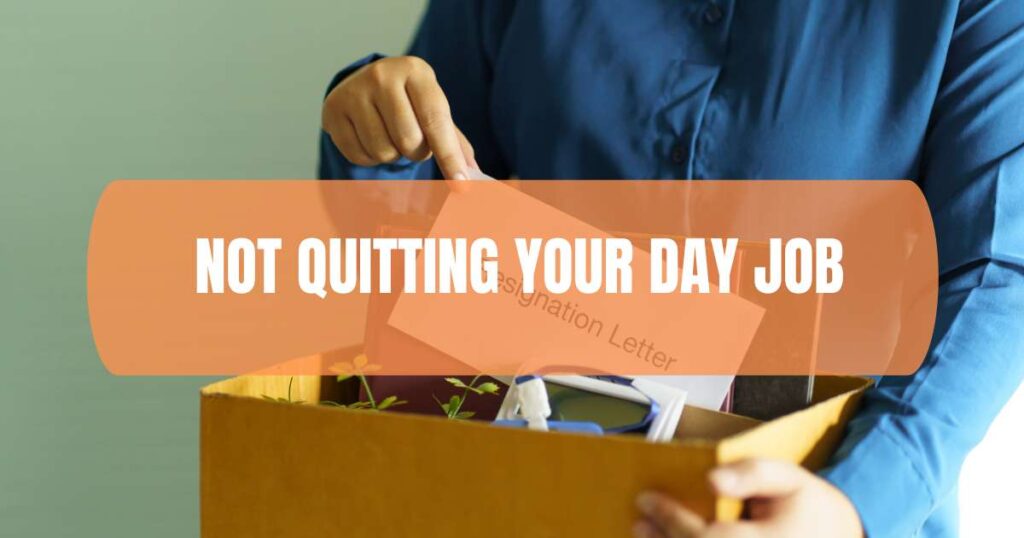
The importance of not quitting your day job
Quitting your day job too soon can put unnecessary pressure on your new record label. I learned this the hard way, finding it difficult to balance early cash flow with growing expenses.
Managing a full-time job while building a music label provides financial stability and allows you time to develop the business without rushing into risky decisions.
Balancing both commitments also teaches valuable time management skills that are crucial for success in the music industry. You can gradually transition from part-time passion to full-time career once the label starts generating consistent income.
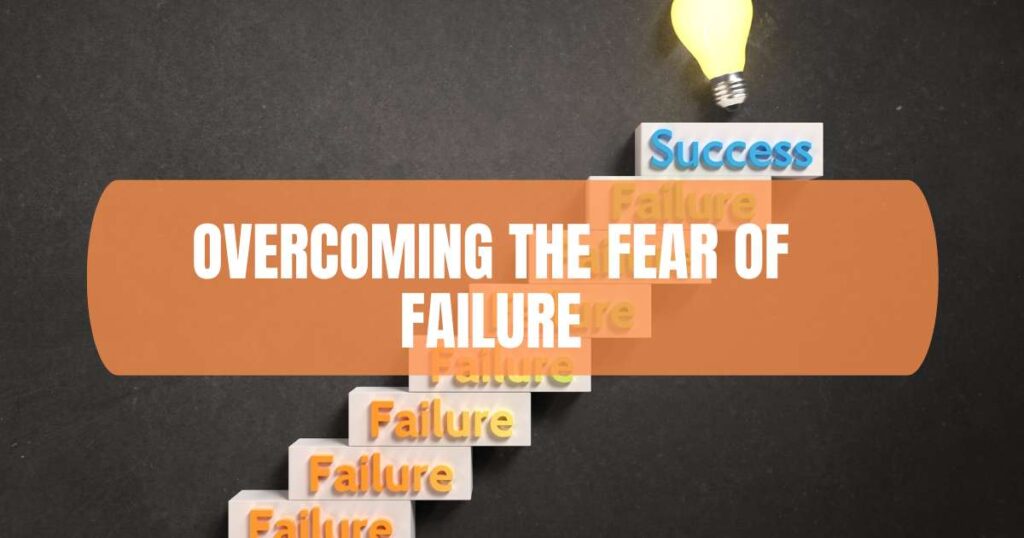
Overcoming the fear of failure
Balancing a day job while starting a record label might sound nerve-wracking. The thought of failure can be paralysing, but pushing through it is crucial for success. I remind myself that each setback offers valuable lessons rather than reasons to quit.
Starting a record label involves risks, but avoiding risk entirely means missing out on potential rewards. Embracing small failures paves the way to larger victories in the music business.
Staying focused and resilient helps me navigate challenges effectively, letting creativity flourish without fear holding me back.
Browse our CD duplication products
Steps to Starting a Successful Independent Record Label

Understanding the business and legal aspects
I must grasp the business and legal aspects to start a successful record label. These include choosing a business structure, like a LTD, which shields personal assets from liabilities.
I need to secure funding by setting up a business bank account to manage finances efficiently.
Legal contracts are vital when working with artists. Enlisting the help of a music lawyer ensures all agreements protect both parties. I should also handle copyright issues and performance rights organisations for royalty collection.
Establishing good practices early on can prevent future troubles in managing my indie record label effectively.

Choosing a unique name and establishing branding
Understanding the business and legal aspects is just the first step. Now let’s talk about choosing a unique name and establishing branding for your record label. Selecting a distinctive name sets you apart from other record labels.
It should be easy to remember, spell, and pronounce.
Branding involves creating an identity that reflects your music style and values. This means designing a memorable logo, selecting specific colours, and crafting a consistent message on social media platforms.
Establishing this presence helps build recognition among fans and artists alike.
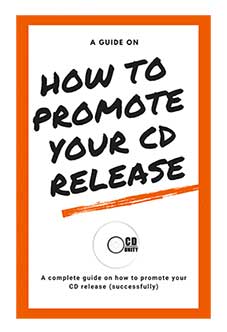
Download FREE pdf
Be prepared for your CD release!
With our guide you’ll be on the sure path to
release your CD successfully.

Creating an online presence
A unique name and strong branding lay the foundation, but creating an online presence is where your record label truly comes to life. Use social media platforms like Instagram, Twitter, and Facebook to engage with fans directly.
I post behind-the-scenes content, snippets of new music, and updates on upcoming releases. This keeps the audience excited and connected.
Invest in a professional website that showcases your artists’ music, bios, tour dates, and press features. Make sure it’s easy to navigate so visitors can find what they need quickly.
Also, ensure you have a blog section for news updates or featured articles to boost your site’s SEO ranking. A digital distributor helps get your artists’ tracks onto streaming services like Spotify and Apple Music—essential for reaching wider audiences.

Building a virtual team of industry experts
Hire a mix of songwriters, producers, and marketing professionals to form your virtual team. Look for people who have experience working with independent labels or major labels. Use platforms like LinkedIn to connect with industry experts.
Use project management tools to keep everyone on the same page. Tools like Asana or Slack can help coordinate tasks and deadlines. Regular video meetings are essential for maintaining strong communication within your team.
Finding and Signing Talented Artists
Identifying the type of artists to target
I focus on artists who align with the kind of music I love and understand. It’s crucial to target musicians whose style complements the vision of my label. Do they have a unique sound? Are they passionate and hardworking? These questions guide me in selecting talent that fits well within the brand I’m building.
To build a successful record label, targeting up-and-coming artists with a strong online presence is vital. Musicians who engage actively on social media can reach wider audiences, making promotion easier.
Assess their interaction levels and fan base growth before signing them. This approach ensures you work with artists committed to growing their careers as much as you are invested in your label’s success.
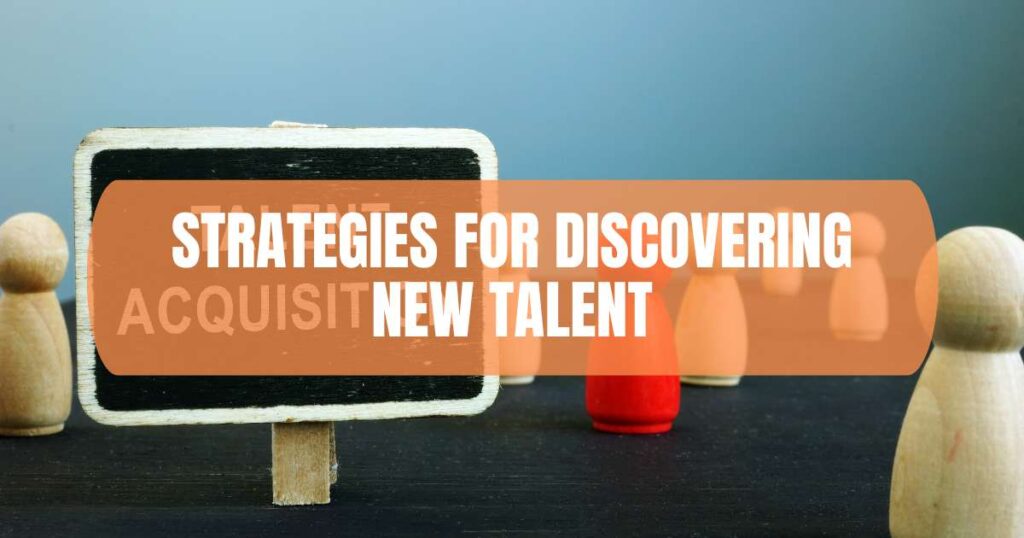
Effective strategies for discovering new talent
I scour local gigs and open mic nights to find artists who light up the room. It’s amazing how many budding talents you can spot in small venues. Keeping an eye on online platforms like Instagram and YouTube also helps me discover fresh faces.
Independent musicians often post clips of their performances, making it easier to gauge their potential.
Networking with other industry professionals is crucial too. I attend music festivals, industry events, and even join online forums where music enthusiasts discuss new acts. Building relationships with venue owners can provide insider tips about promising artists performing at their locations.

Drafting contracts with the help of a music lawyer
Having identified talented artists, the next critical step is drafting contracts with the help of a music lawyer. Contracts can be complex, and it’s essential to protect both your interests and those of the artist.
A music lawyer will ensure that every clause in the contract is clear and fair. They’ll handle specifics such as royalties, distribution rights, and obligations.
A good music lawyer helps you navigate tricky legal terrain smoothly. Hiring a professional guarantees that all legal documents are sound, helping to avoid disputes later on. It’s crucial for maintaining trust and clarity between your label and your artists.
Monetizing a Record Label
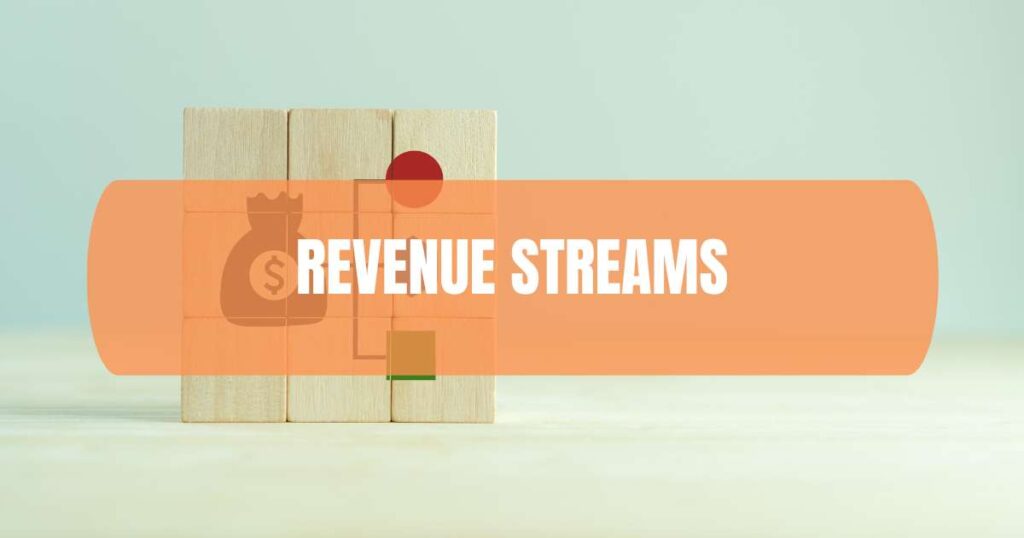
Understanding different revenue streams
Different revenue streams can keep a record label afloat. Music sales and streaming are the most obvious sources of income. Platforms like Spotify, Apple Music, and YouTube allow artists to reach wider audiences quickly.
Every stream or download generates royalties that add up over time.
Merchandising is another way to earn money. T-shirts, posters, and limited-edition vinyl records appeal to fans who want more than just digital downloads. Hosting live shows or tours also brings in ticket sales revenue while increasing an artist’s visibility in new markets.
Licensing music for TV shows, commercials, or movies offers substantial earnings too.
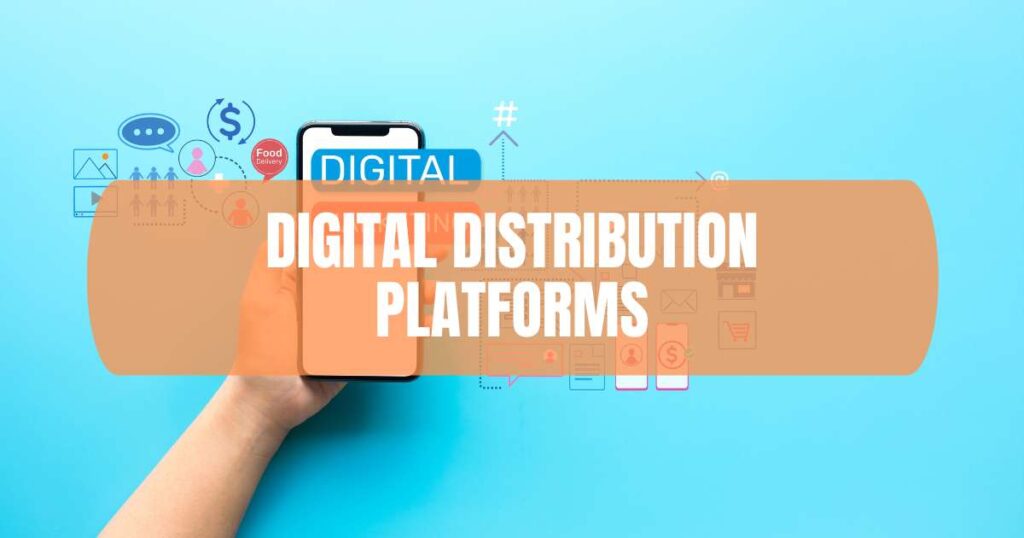
Leveraging digital distribution platforms
Digital distribution platforms can transform how you run your record label. These platforms let me share music worldwide without needing physical copies. Platforms like Spotify, Apple Music, and Bandcamp help reach a larger audience quickly and cost-effectively.
By using these digital tools, I can track listener data to see which songs are popular. This information helps adjust marketing strategies and target promotions more accurately. Digital distribution also ensures artists get their fair share of revenue from streams and downloads through precise tracking systems.
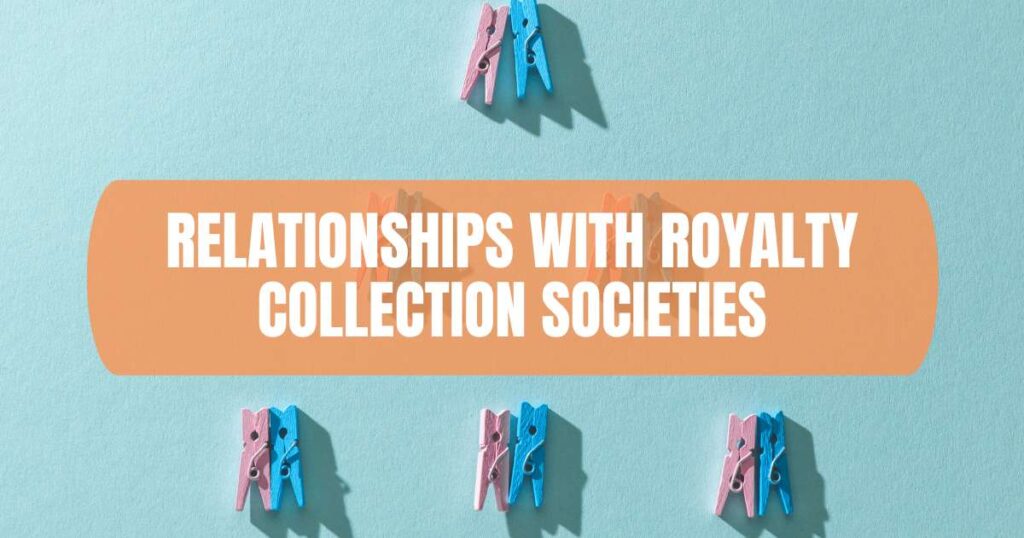
Establishing relationships with royalty collection societies
To strengthen your label’s revenue streams beyond digital distribution platforms, you must establish relationships with royalty collection societies. I always ensure to connect with organisations like PRS for Music or PPL in the UK.
They help track and collect royalties from various sources, ensuring every play of your artist’s music earns income.
I constantly engage with these societies to keep records accurate and up-to-date. A strong relationship guarantees that every performance, whether on radio or at a live venue, is properly tracked and compensated.
This step is crucial for building a successful independent record label and maximising profits from the roster of artists you support.
Promoting and Marketing Artists

Importance of effective promotion and marketing
Effective promotion and marketing are crucial for any successful independent record label. They help build awareness around your artists, attracting new fans and keeping current ones engaged.
A strong promotional strategy can boost album sales, streaming numbers, and concert attendance. Various online platforms like social media allow you to reach a global audience without spending a fortune.
Crafting compelling content is key. I use eye-catching visuals, engaging videos, and interesting posts that showcase the unique aspects of each artist. Collaborating with influencers or other artists can expand your reach even further.
Organising live performances or virtual events also provides great exposure and connects directly with the target audience in real-time.

Utilizing social media and online platforms
Social media transforms how we promote and market artists. To start a successful record label, maximising platforms like Instagram, TikTok, and Twitter is crucial. These tools let us engage directly with fans, share behind-the-scenes content, and build hype around new releases.
It’s easier than ever to create buzz using live streams or viral challenges.
Managing a social media presence involves consistent posts that reflect our brand’s personality. I always ensure the content is authentic and engaging. Running targeted ads on these platforms can amplify the reach of our promotions significantly without breaking the bank! Engaging with followers through comments and messages makes them feel valued, which fosters loyalty among fans.

Organizing live performances and tours
Establishing a solid online presence and utilising different social media platforms is crucial. Equally vital is organising live performances and tours to promote your artists effectively.
I always prioritise booking gigs at local venues first, where our music resonates with the audience. This helps build a loyal fan base before considering regional or national tours.
Coordinating with venue managers ensures smooth logistics like sound checks and promotional materials are in place. I also collaborate closely with artists to finalise setlists that showcase their best tracks, keeping fans engaged throughout the show.
Hiring a tour manager can simplify travel arrangements and daily schedules, allowing the artist to focus solely on their performance.
Managing Finances and Compliance
Collecting and tracking royalties
Collecting and tracking royalties is crucial for any record label. I rely on performance rights organisations (PROs) like PRS for Music in the UK to collect royalties from radio play, live performances, and digital streams.
These organisations simplify the process by ensuring that artists get paid whenever their music is used commercially.
I also use digital tools to keep track of earnings across various platforms such as Spotify, Apple Music, and YouTube. By monitoring these streams closely, I can ensure accurate payments to my artists.
This attention to detail helps build trust and solidify relationships with the talent on my roster.
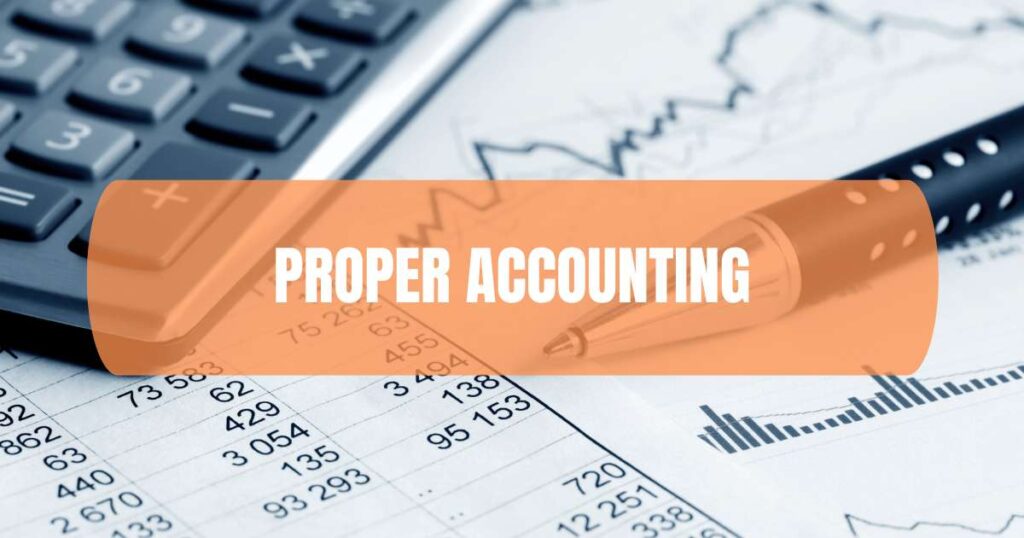
Proper accounting and income tax management
I keep detailed records of all my financial transactions to manage my label’s accounting. This practice helps me track every penny earned and spent. Using accounting software makes it easier for me to generate reports and monitor cash flow.
I also consult an accountant when preparing for income tax season.
Managing income taxes is crucial; I set aside money throughout the year to avoid a massive bill later on. Staying organised reduces stress and ensures compliance with tax regulations.
Proper management means the difference between running a successful label and facing financial trouble down the road.
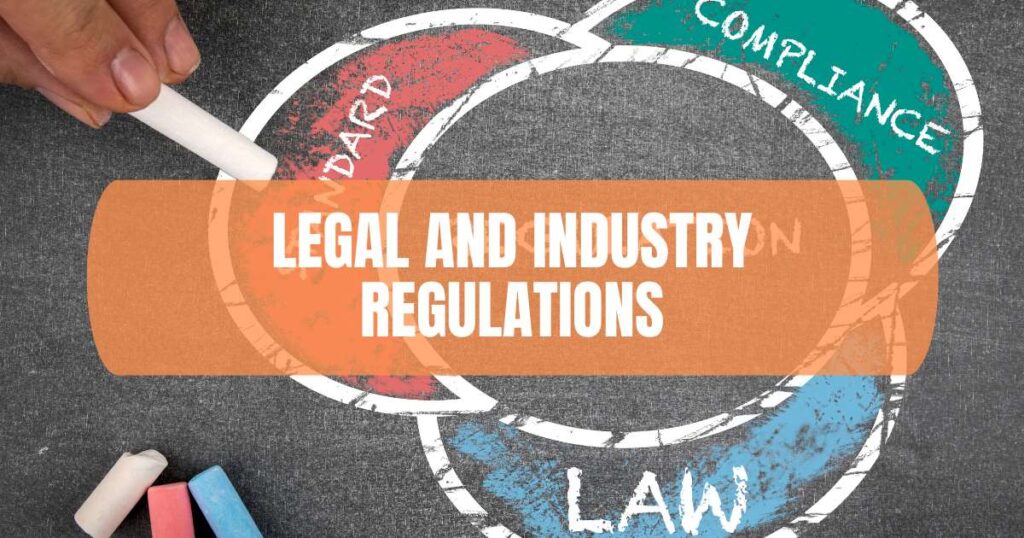
Ensuring compliance with legal and industry regulations
Ensuring compliance with legal and industry regulations is crucial for running a successful record label. I always make sure contracts are clear, fair, and protect everyone involved.
Consulting with a music lawyer can help you navigate the complexities of copyright laws and licensing agreements.
Keeping up-to-date with industry standards helps avoid costly legal issues. Regularly review changes in regulations to stay compliant. Using reliable accounting software ensures accurate financial records, which are essential during audits or royalty distribution.
This proactive approach not only safeguards your label but also builds trust with artists and partners.
All in All
Running an independent record label is no easy feat, but the rewards can be immense. The journey involves understanding legal and business aspects, branding and building digital presence, finding talent, managing finances, and promoting artists.
With determination and a clear plan, you can do this.
Cheers, Josh
The Big Lists Of Music Promo Contacts
Includes PR companies, UK promoters & UK booking agents. Everything you need to put your band on the map.
Access ListsHello, I’m Josh, and I’ve been honing my graphic design skills for almost 15 years now, catering to the needs of bands and businesses alike. What really fascinates me is the business aspect of the music industry. In addition to my design work, I also happen to play the Hammond organ, and I strive to share my knowledge through helpful articles that I write exclusively for you all!

